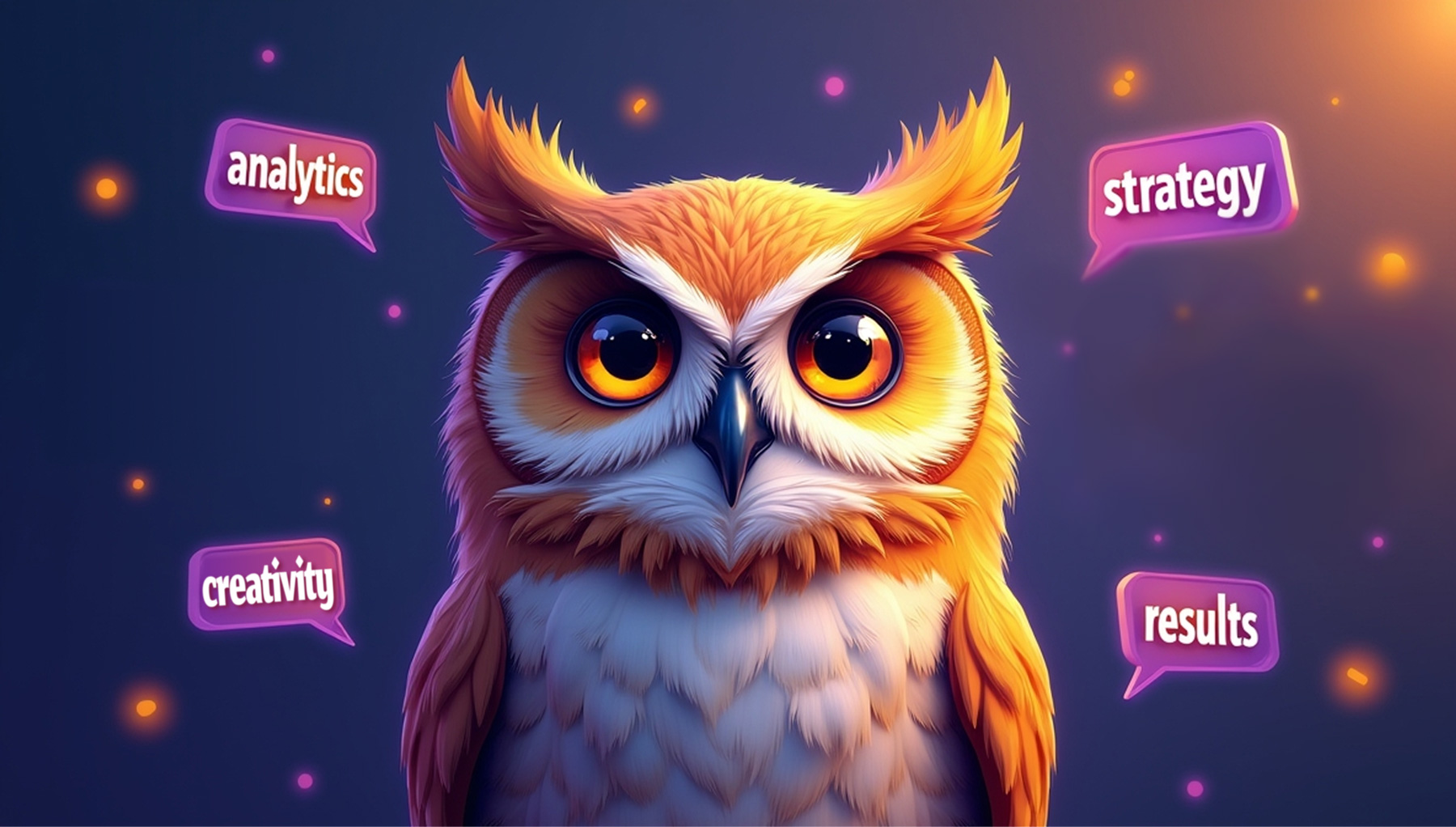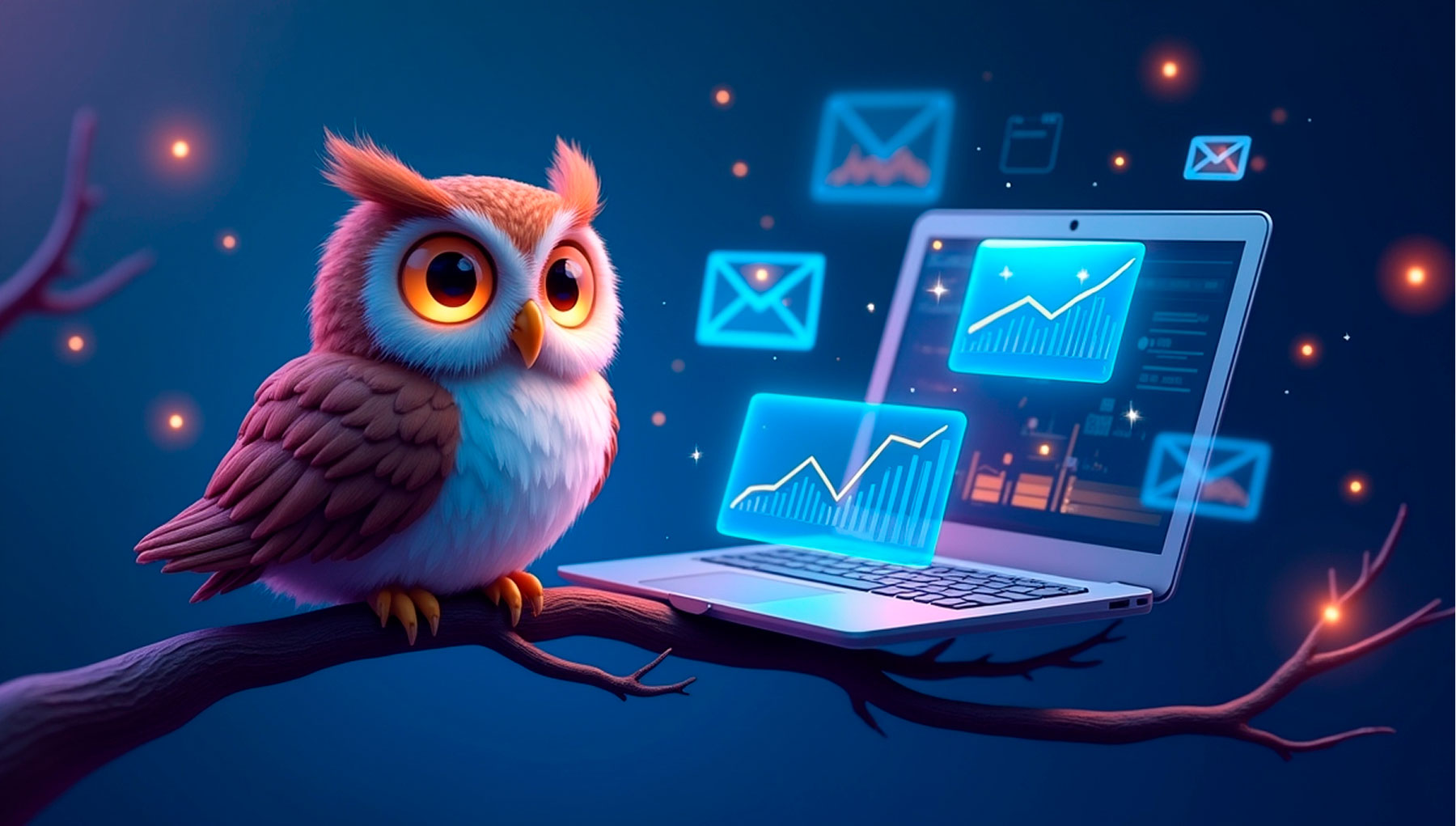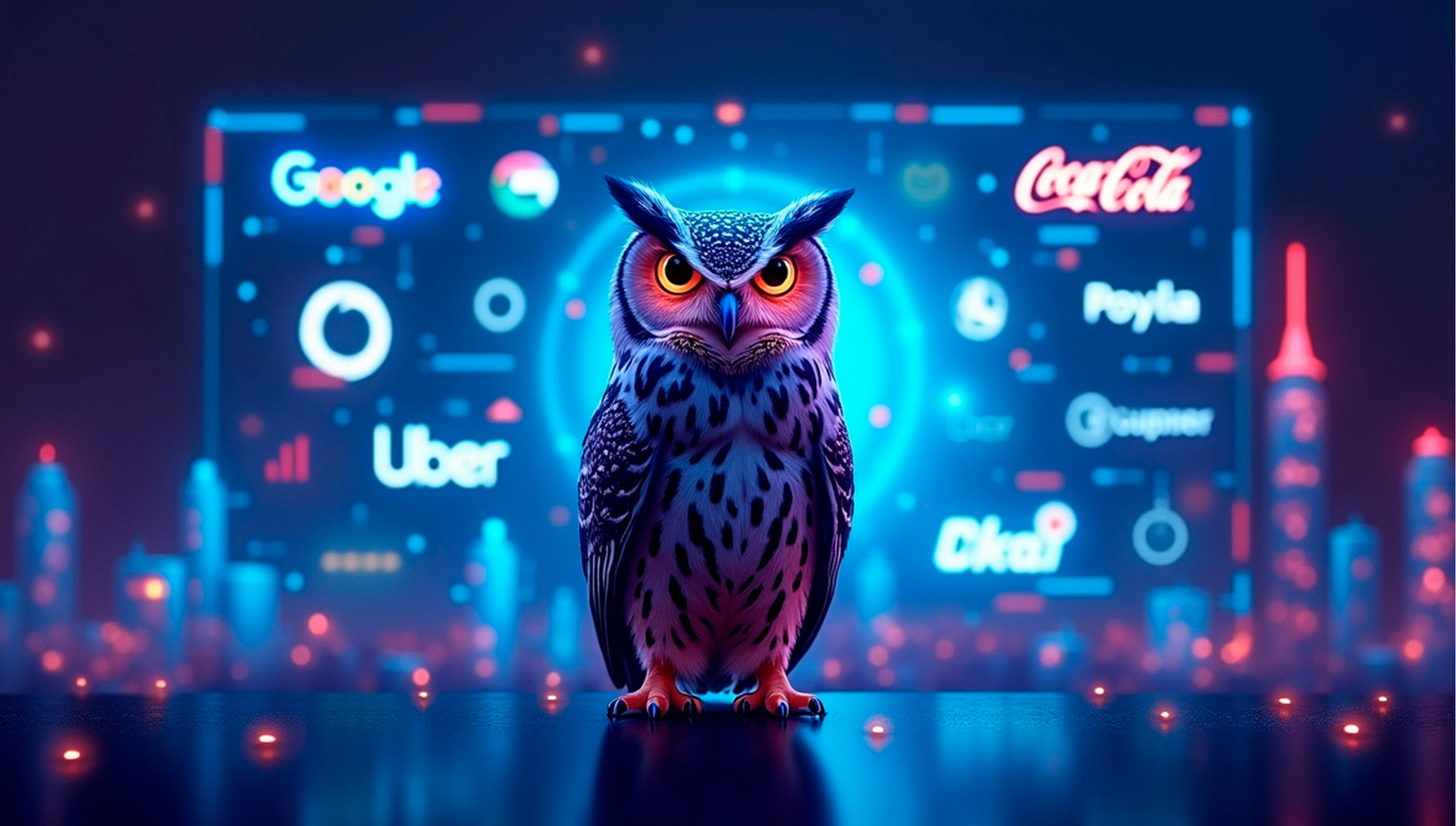Generative AI for marketing is a cutting-edge technology that uses artificial intelligence to produce new materials, streamline processes, and enhance overall marketing strategies. Unlike traditional AI tools that simply follow predefined rules, gen AI marketing involves the ability to autonomously generate written materials, images, and videos. By processing vast amounts of data, these systems learn and produce original marketing outputs that resonate with different customer segments.
In gen AI for marketing, businesses leverage machine learning and natural language processing (NLP) to produce content and predictions. This allows marketers to design personalised campaigns, generate targeted communications, and even predict consumer preferences based on historical data. Over time, gen AI in marketing becomes more adept at producing high-quality assets, offering businesses a scalable way to engage their audiences and optimise marketing performance.
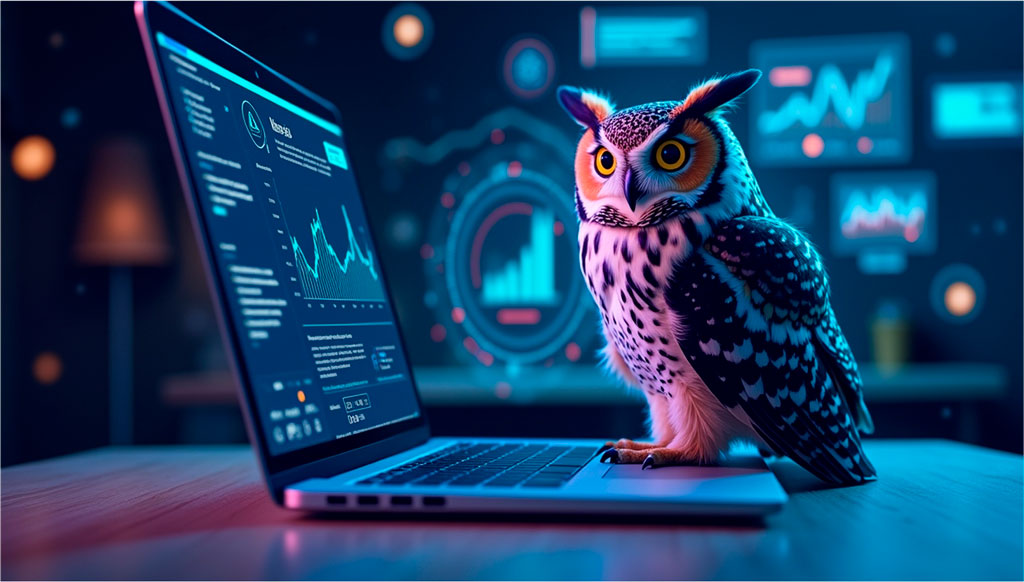
By incorporating generative AI for marketing, brands can automate time-consuming tasks like writing blog posts, social media updates, or even designing marketing assets. This frees up valuable time for marketers to focus on more strategic initiatives, like campaign planning and market research, ensuring that marketing efforts are not only efficient but also effective.
Benefits of using generative AI
Generative AI offers numerous advantages for marketers, from enhancing personalisation to improving operational efficiency. Here’s how gen AI for marketing can help transform your marketing approach:
1. Enhance personalization
Generative AI allows businesses to enhance personalisation at scale. By analysing client data, such as purchasing patterns, browsing activity, and social media engagement, AI tools can produce personalised content that resonates with each individual. This means marketers can send highly targeted emails, product recommendations, and advertisements tailored specifically to the preferences of each person.
With AI-powered platforms, businesses can offer real-time adjustments based on audience preferences and prior interactions. By incorporating consumer data into the content creation process, AI ensures that clients receive relevant messages, which helps boost engagement and ultimately increases conversion rates.
2. Increase efficiency
One of the most significant advantages of generative AI marketing is its ability to automate routine tasks. Whether it’s writing blog posts, designing marketing visuals, or generating social media captions, AI tools can handle these repetitive tasks quickly and accurately. This leads to a significant increase in efficiency, freeing up marketers to focus on more creative and strategic activities.
Using generative AI tools, companies can scale their content production without the need for additional resources. AI can also optimise processes by automatically updating ads, emails, and website content to maintain relevance and freshness. This automation not only reduces time spent on manual tasks but also reduces human errors, improving the overall quality and consistency of the materials.

3. Adopt real-time changes
In a fast-paced digital environment, the ability to implement real-time changes is essential. Generative AI for marketing enables marketers to adapt quickly to changes in customer behaviour or market trends. With AI, you can automatically adjust your campaigns based on the data generated, such as altering the targeting parameters of an ad or updating the messaging on a landing page.
For example, if a particular product isn’t performing as expected, generative AI in marketing allows businesses to modify their messaging, create new promotional materials, or change targeting strategies with minimal effort. This real-time flexibility ensures that marketing campaigns remain aligned with consumer expectations and market conditions, providing a competitive edge.
4. Improve customer experience
Generative AI plays a pivotal role in enhancing the customer experience by personalising interactions across multiple touchpoints. AI-powered chatbots can handle client queries 24/7, providing instant answers to frequently asked questions and guiding customers through their buying journey. Additionally, AI-generated materials such as product descriptions, videos, and articles can be tailored to each customer’s needs, offering a highly engaging experience that feels intuitive and personalised.
By using AI-driven personalisation, businesses can create seamless interactions that build trust with customers, increasing the likelihood of conversion. AI helps provide timely, relevant suggestions and ensures that clients have a smooth experience at every stage of their journey, from discovery to purchase.
5. Gain data-driven insights
One of the most valuable aspects of generative AI is its ability to process vast amounts of data and extract actionable insights. AI can analyse consumer interactions across a variety of platforms—whether it’s through social media, email campaigns, or website traffic—to identify patterns and trends that human analysts might miss. This ability to aggregate and interpret data enables marketers to make more informed decisions and optimise their strategies.
With AI tools, marketers can track key performance indicators (KPIs) in real-time, adjusting their campaigns based on the insights provided. For example, AI can help identify which content is resonating with different audience segments and which channels are driving the most conversions. This data-driven approach ensures that marketing efforts are continuously optimised to maximise ROI.
Examples of using generative AI in marketing
Generative AI is already making a significant impact across various aspects of marketing. From content creation to customer engagement, AI is enhancing efficiency, personalisation, and decision-making. Below are some key examples of how generative AI in marketing is being applied:
Generative content
One of the most common uses of generative AI for marketing is content generation. AI-powered tools can create blog posts, articles, social media content, and product descriptions automatically, saving marketers valuable time and resources. By leveraging AI to generate text-based material, businesses can scale their content creation efforts while ensuring that the messaging remains consistent and relevant.
AI can even adapt the tone and style of the material based on the target audience, creating custom content for specific customer segments. For example, a brand might use generative AI marketing to create different versions of a blog post for different demographics, ensuring that each group receives content tailored to their needs and preferences.
How generative AI fits into marketing strategy is particularly evident when we look at how AI can align content creation with overall business goals. For instance, AI can analyse customer preferences and behaviour to generate highly relevant material, allowing marketers to craft messages that resonate with their audience, enhancing overall campaign effectiveness.
Create videos and images

Generative AI is also being used to generate videos and images that are visually appealing and aligned with brand messaging. Through AI-powered design platforms, businesses can produce promotional videos, product demonstrations, and social media visuals quickly and efficiently. AI in marketing tools like Generative Adversarial Networks (GANs) allow for the creation of realistic pictures and video clips that can be used for advertisements, website content, and social media campaigns.
AI can also automate the design of banners, infographics, and other graphical assets, enabling companies to generate high-quality graphics rapidly and at a lower cost. This is particularly valuable for industries like e-commerce, where fresh, on-brand visuals are needed frequently.
Search engine optimisation (SEO)
SEO is a vital part of digital marketing, and generative AI in marketing is helping optimise content for search engines more effectively. AI tools can generate keyword-optimised materials, analyse search engine results pages (SERPs), and offer suggestions to improve the ranking of content. By incorporating generative AI marketing into SEO strategies, marketers can ensure that their content is aligned with current search trends and algorithms.
AI can also help with technical SEO aspects such as optimising meta descriptions, title tags, and internal links. By automating these tasks, businesses can save time and increase the chances of ranking for targeted keywords, driving more organic traffic to their websites.
Marketing segmentation
Generative AI can significantly improve audience segmentation, allowing marketers to target specific groups based on detailed customer profiles. By analysing consumer data, AI platforms can identify patterns and categorise customers according to factors like demographics, behaviours, and purchasing habits. This enables businesses to deliver more focused and relevant marketing campaigns.
For example, AI can automatically segment email lists based on customer interests, allowing businesses to send tailored emails with personalised offers and content. This helps improve engagement rates and ensures that marketing efforts are directed at the most relevant groups.
Personalisation
Personalisation is at the heart of generative AI for marketing. By using AI to customise content and experiences, businesses can engage customers more effectively and drive higher conversion rates. For instance, AI-powered recommendation engines can suggest products based on a customer’s browsing history or previous purchases, while personalised emails can be automatically generated with relevant offers and product suggestions.
With generative AI in marketing, personalisation goes beyond simple recommendations. AI platforms can create unique content, such as blog posts, advertisements, and even videos, tailored to individual customer needs. This ensures that customers receive content that speaks directly to their preferences, improving the overall experience and increasing the likelihood of conversion.
Sentiment analysis
Sentiment analysis, powered by generative AI marketing tools, enables marketers to gauge how customers feel about their products, services, or brand. By processing text from social media posts, reviews, and customer feedback, AI tools can determine whether the sentiment is positive, negative, or neutral. This valuable insight helps businesses adjust their marketing strategies and respond to customer concerns more effectively.

For example, if a product receives negative feedback on social media, AI-powered sentiment analysis can help businesses identify the issue and address it promptly. By tracking sentiment over time, marketers can also monitor the effectiveness of their campaigns and make necessary adjustments.
Lead generation
Generative AI is an invaluable tool for lead generation. AI platforms can automatically generate landing pages, forms, and ads that attract and convert potential leads. By analysing customer data and behaviour, AI tools can identify high-potential leads and create targeted content that speaks directly to their needs.
For instance, AI in marketing tools can generate tailored email campaigns that nurture leads through the sales funnel. By automating this process, businesses can save time and resources while improving the quality and volume of their leads. Furthermore, generative AI tools can continually analyse and optimise the performance of lead generation efforts to ensure that they are reaching the most relevant audience.
Audio and sound
Generative AI is not limited to text and visuals—it can also be used to create audio content for marketing purposes. AI-powered voice synthesis and sound generation tools allow businesses to generate voiceovers, podcasts, and sound effects without needing human voice actors or sound engineers. These AI-generated audio files can be used for video ads, product demos, and other marketing materials.
For example, AI can create realistic-sounding voiceovers for explainer videos or advertisements, providing a cost-effective alternative to hiring voice talent. This is particularly useful for businesses that need to produce large volumes of audio content quickly and efficiently.
Pay per click (PPC) advertising
Generative AI also plays a key role in optimising PPC campaigns. By analysing past campaign data, AI tools can automatically generate effective ads that are more likely to attract clicks and drive conversions. These platforms can identify the best-performing keywords, ad copy, and audience segments, ensuring that PPC campaigns are targeting the right people at the right time.
Through continuous optimisation, AI can improve bidding strategies and help marketers allocate their ad spend more efficiently. As a result, businesses can maximise their PPC return on investment (ROI) while reducing wasted spend on ineffective ads.
Customer support
AI-powered chatbots and virtual assistants are revolutionising customer support. By using generative AI to automate customer interactions, businesses can provide instant assistance to customers without needing human agents. These AI tools can handle everything from answering basic questions to offering product recommendations, ensuring that customers receive timely help.
In addition, AI-powered customer service solutions can gather valuable customer feedback, which can be used to improve products, services, and marketing strategies. With generative AI automating routine customer support tasks, businesses can improve efficiency and reduce operational costs.

Problems and limitations
Despite the many advantages of generative AI for marketing, there are some challenges and limitations to consider. One of the primary concerns is the potential for biases in the data used to train AI models. If the data contains biases, the AI may produce biased content, leading to unintended consequences in marketing campaigns.
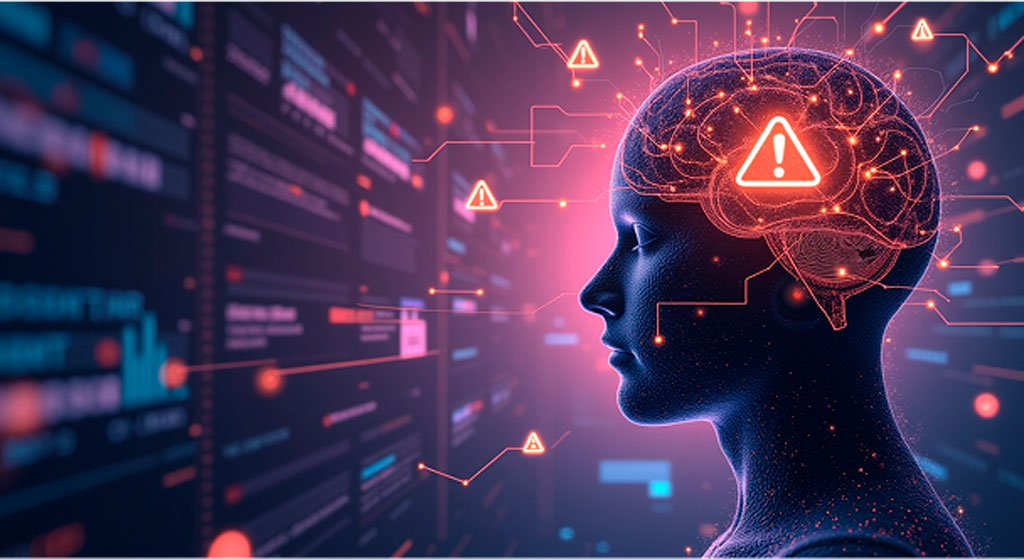
Additionally, while AI is highly efficient at generating content, it may not always match the creativity or emotional depth that human creators can bring to the table. Over-reliance on generative AI could result in marketing materials that feel formulaic or lack authenticity, which may affect the brand’s connection with its audience.

Another limitation is the ethical use of AI, particularly in relation to customer data. As AI platforms require large datasets to function effectively, businesses must ensure they comply with privacy regulations and protect customer information from misuse or breaches.
Effective AI tools
AI post generator for Instagram
Transform your Instagram with our AI manager: create eye-catching images, captions and schedule posts at the optimal time for maximum impact!
TikTok AI video generator
Fed up with spending endless hours scripting, editing, and brainstorming for the perfect TikTok video? Let us handle it and fast-track your way to viral content!
AI LinkedIn post generator
Automatically generate and schedule content tailored to your audience’s preferences. A seamless, time-saving solution that requires no extra input or effort.
AI Facebook post generator
Automatically creates and publishes relevant posts for your audience without wasting time or needing prompts.

